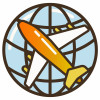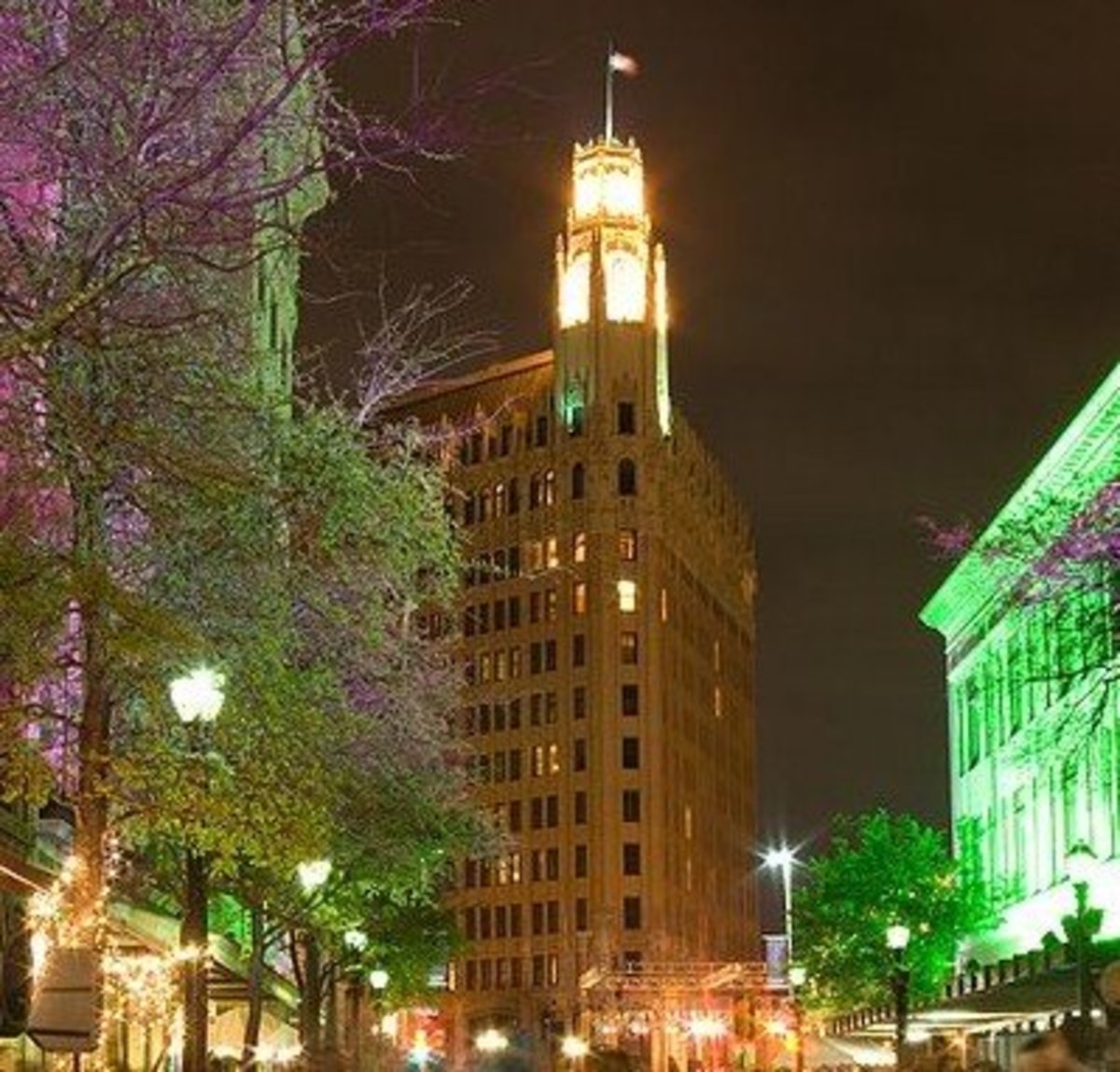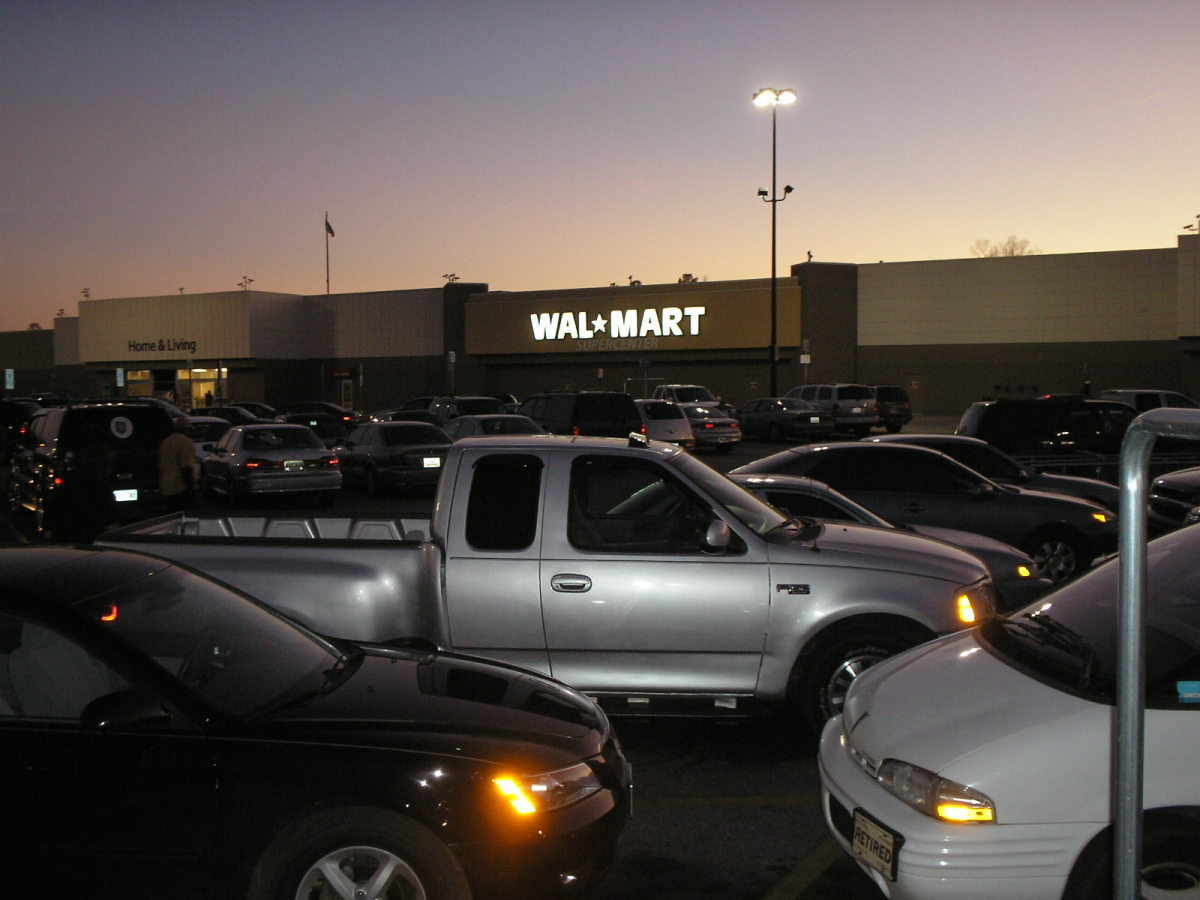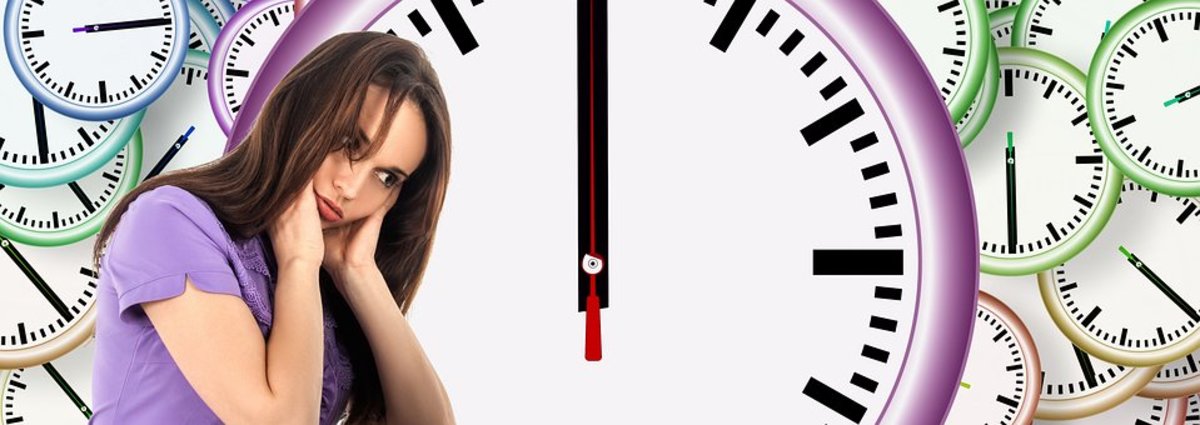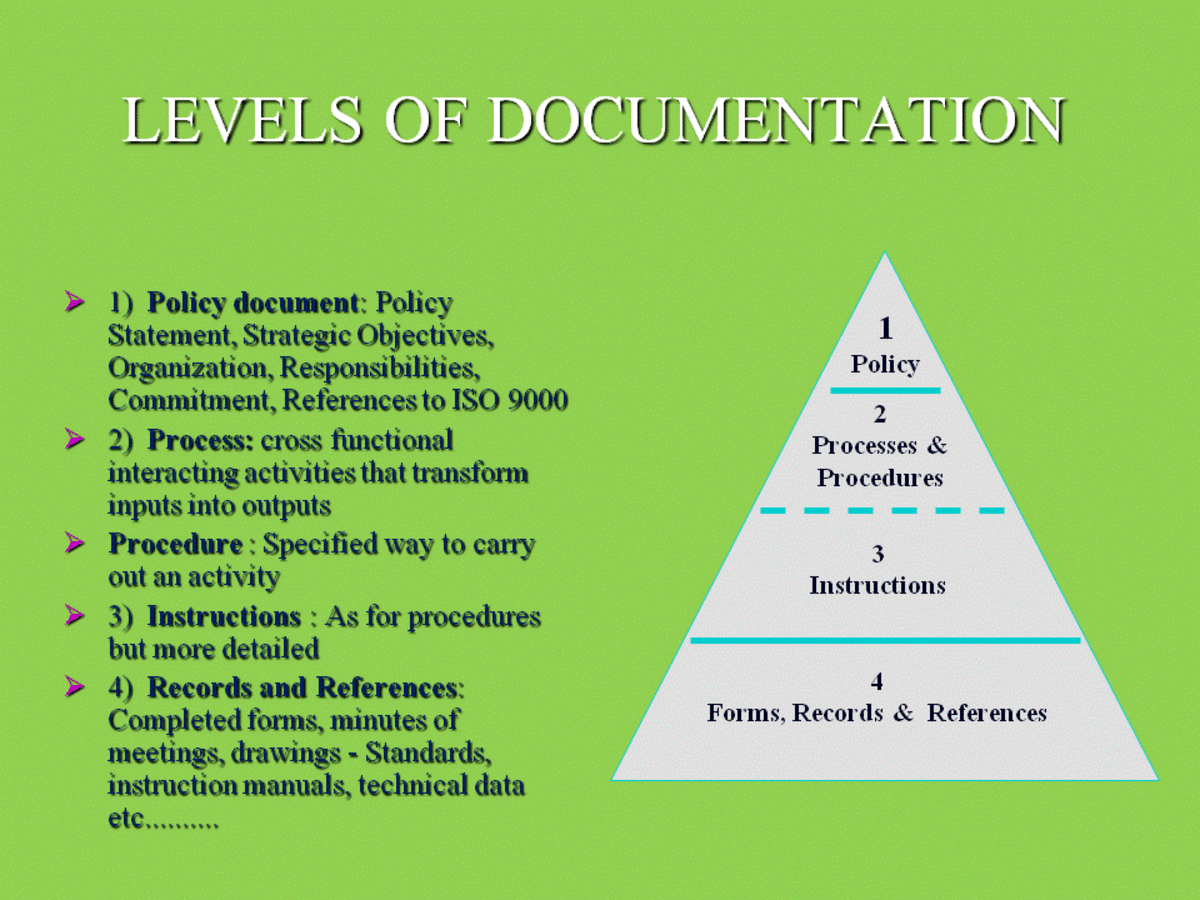Hotel Revenue Management
Have you ever wondered why hotels can offer their rooms at such varied prices? The explanation is straightforward: it's all down to their revenue management department, which aims to maximize overall revenue by skillfully adjusting room rates.
Revenue management practices vary significantly across the globe, with each hotel or hotel group implementing its own strategies for room and pricing management. In this article, I will explore some of the methods hotels use to boost their revenues.
Revenue management focuses on three key areas: room pricing, room occupancy, and pricing for amenities. Leading hotels employ specialized revenue management professionals who are tasked with predicting future trends to ensure optimal customer turnout at the best possible prices—a crucial decision that significantly impacts the hotel's future.
One of the primary objectives for hotel owners is profit maximization. To achieve this, a hotel manager aims to maximize revenues while minimizing costs. However, these secondary goals must also ensure that the quality of service is maintained and that the hotel's future remains secure.
Finding the optimal equilibrium
- The Laffer Curve: Examples
Examples of the Laffer curve can be the best way to understand it. In this hub you can find more information about the Laffer curve.
Higher or Lower?
One of the main questions for a Revenue Manager is if it is possible to sell a higher fare.
That simple question is an analysis to know if there are enough clients available to pay more, or if the price already available is high enough to guarantee the highest revenue on the end of the day.
You can see more similar information about this problem on the "Laffer Curve" hub. Like the Gov. Revenues the Hotel revenues have also an optimal point, that is very difficult to reach and can change everyday.
Resorts and Hotels - Different Models, different pricing
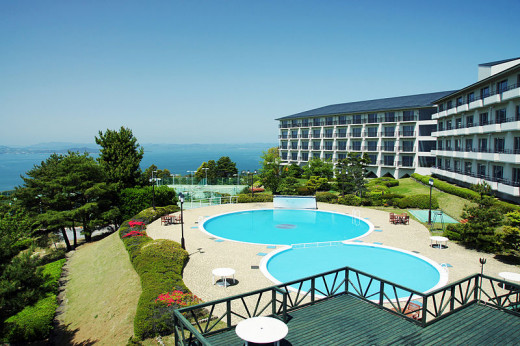
Different Prices - Same Product
Sometimes you may find different prices for the exact same night at the same Hotel in different places. This is a way to differentiate costumers and because of the previous agreements.
Example: If the Hotel is selling a night for $100, and the others for $90, it is probably because the Hotel benefits not selling directly so it does not require a big "Reservations Department".
Hotels usually have the lowest prices online instead the reception prices, since the clients that buy online can easily do a price comparison.
Selling Methods
There are several ways for an Hotel to have the rooms booked. The rooms (Hotel's product) can be sold by three main ways, directly, agencies or online.
Directly - The rooms can be sold at the reception, by phone or in the Hotel's website.
Agencies - These method requires an intermediate that sells the Hotel's product but also can do advertising for the Hotel.
Online - The online method is using websites like Booking and Hotels, these websites work like agencies but they normally just inform the website viewers of the available Hotels. They don't advertise Hotels like agencies, and they normally just sell "nights", not like agencies that sell "packages" that include night and flights.
Depending on the agreement that the Hotel has with the "Seller", the Hotel receives 100% of the value if they sell directly. If it is an agency selling, the Hotel will receive the price paid by the client minus the commission.
Older/Antique Hotels
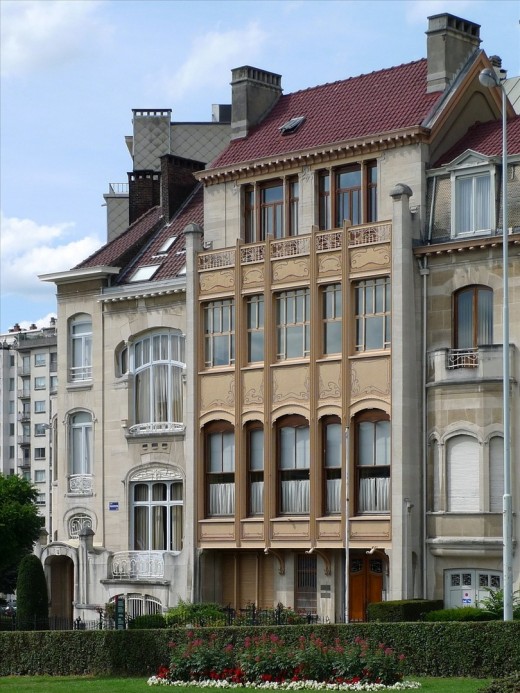
New vs Old Hotels
The main touristic cities have many different Hotels, one of them is the "age" of the Hotel and its interior. However it is not the "age" of an Hotel what determines the level of pricing, it is how it looks.
"Old" hotels are not always the cheapest, when they reach the status of "antique" the revenue manager can increase its price, so the clients pay an extra value for a unique experience.
"New" hotels have the advantage of having everything new and look shining in the pictures, but to attract costumers they will have to rely only on new costumers and lowering the pricing may be a way to attract the clients.
In conclusion, when doing revenue management and years go by, the prices may vary in many different ways, there is not a tendency for the price evolution.
Hotels "on" the road
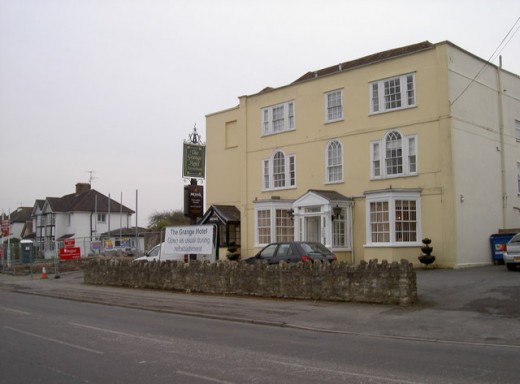
Different Services - Different Prices
Sometimes to increase revenues, costs have also to be increased. That happens when the Hotel offers service like "Mini-bar", gym, swimming pool and many others.
Hotels that are next to Highways or on national roads normally do not offer such services since their clients are just looking for a night sleeping in a bed. Also there is not much you can do to attract more clients and the competition is not much or none, since there are not enough clients.
If you see Hotels in cities like Paris and London there are Hotels that offer every service possible in order to attract clients, and more important to revenue management, there is no decrease in the price to attract those clients. In order to fight competition the Hotel manager guarantees the revenue at a cost of an increase in costs, and if possible it can increase revenues by increasing price or charging for the extra-service.
Detailed Explanation of Overbooking
Booking Limits
An Hotel has booking limits since they can not book more rooms than they have, if they have 100 rooms, the basis rule states they will sell 100 rooms per night.
However, to increase revenue and best management of the Hotel, the booking limit can vary. Assuming that the 100 rooms are available all year, there are physical factors and economic factors that affect the booking limit. For example:
Reasons for an increase in the Booking Limit
- No-Shows.
- Last-Minute Cancellations or Modification
Reasons for a decrease in the Booking Limit
- Room not ready(lack of cleaning, electricity...)
- Room does not meet standards that the Hotel guarantees (Hair dryer blew)
These factors may vary the booking limit by more than 5%, but the over bookings are normally made only if the Hotel can offer a plan B for its clients, because an unsatisfied client is a risk for future clients, specially now with websites like Facebook and TripAdvisor.
Seasonility
Seasonality is one of the main factors for the different prices in an Hotel. The best example are beach destinations that if you look at the price in July and January the prices will be very different and in the high season can be more than the double of the price during the low season.
This is related with the basic economics, when demand is high, the prices rise, if the demand lowers, the price also lowers. If you look at Hotel prices during July and August, these are normally much higher than February or November.
There are also other seasons that can increase prices in the different countries, one of the most important is Christmas.
Landscape
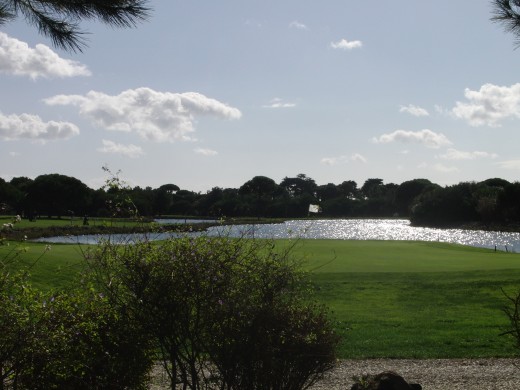
Surroundings
The Landscape around the Hotel can be a way to adapt the price.
Other value adding places around an Hotel are Golf camps, beaches and many others. The clients tend to prefer staying in an Hotel near what they want, even if they have to pay more.
For example if the Hotel spends money taking care of the gardens around it, then the price will reflect and will be slightly higher. That way the hotel revenue manager will try to charge the customers for the added value of having gardens surrounding the Hotel.
Revenue Management Software
Revenue Management Software
There are several companies investing in software for Revenue Management in Hotels.
The software will help to manage and helps you to make the right decisions.
